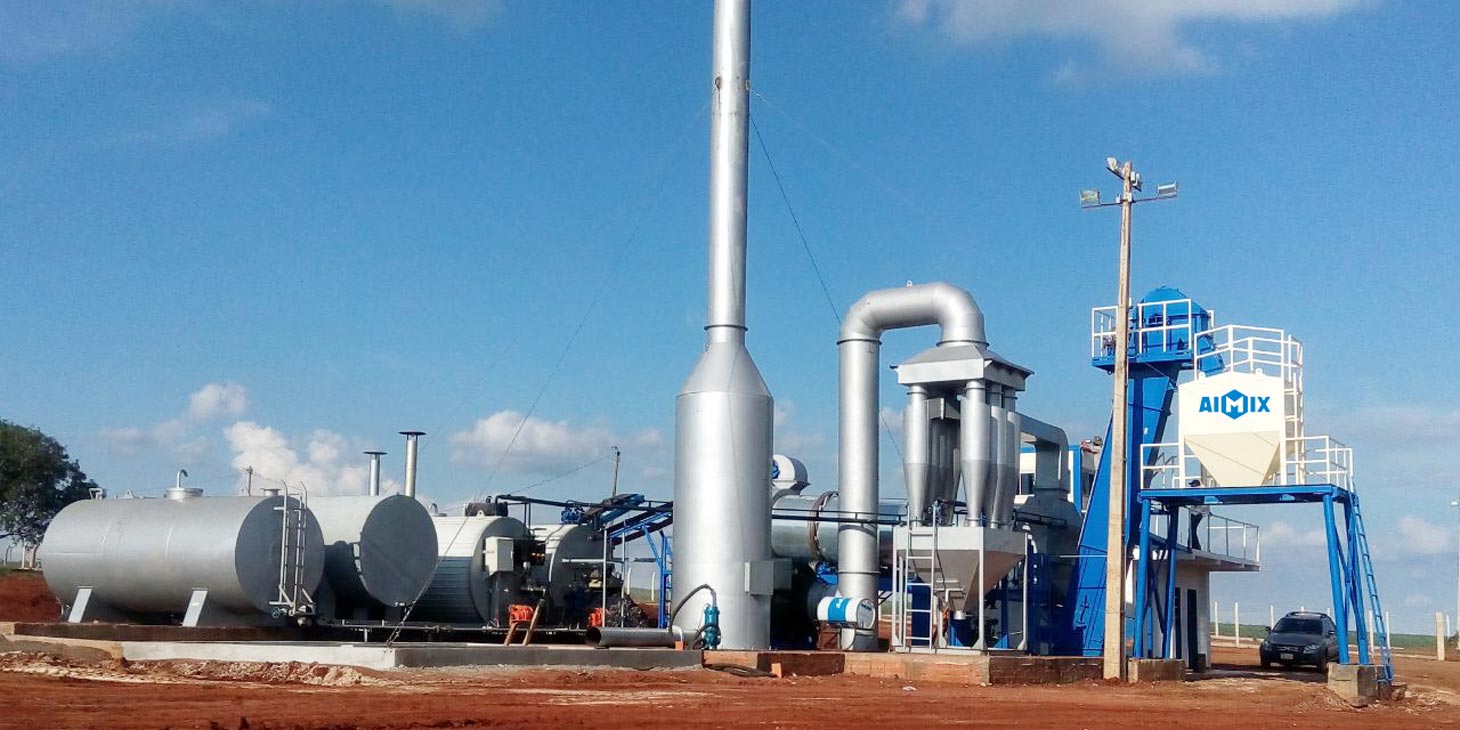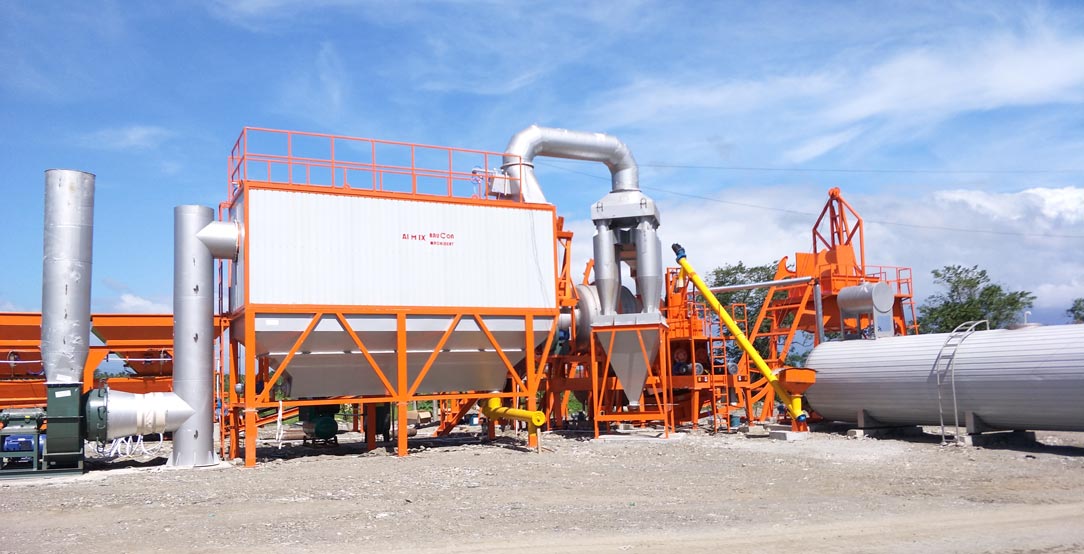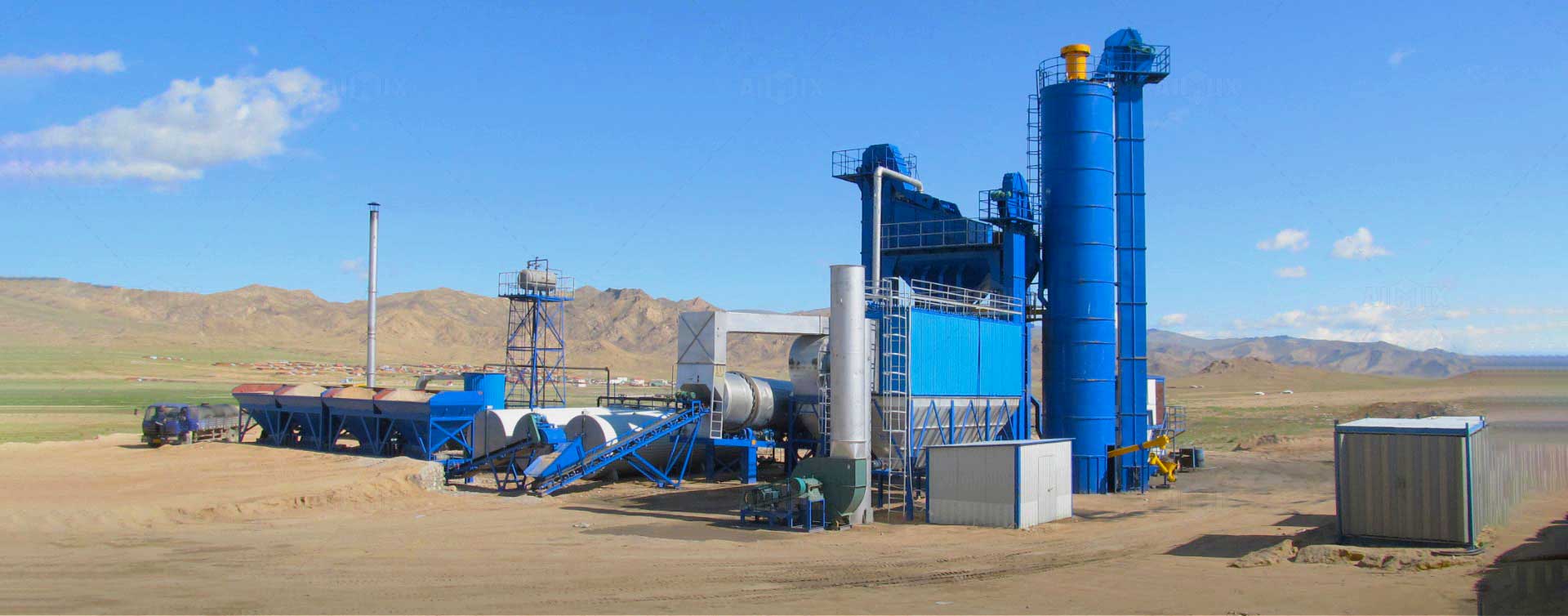The world of road construction and maintenance is rapidly evolving, and at the heart of this transformation are portable asphalt plants. These technological marvels have redefined the way we produce and lay asphalt for road purposes, offering a range of advantages that extend beyond efficiency and convenience.
Introduction
The Evolution of Asphalt Production
For decades, traditional asphalt plants have been the workhorses of road construction, serving as the primary sites for asphalt production. While effective, the stationary asphalt plant has limitations in terms of mobility, adaptability, and environmental impact. The need for innovation in the field of asphalt production was evident.
The Emergence of Portable Asphalt Plants
In response to these limitations, portable asphalt plants have emerged as a game-changing solution. These plants are designed with mobility, efficiency, and sustainability in mind. Let’s delve into the technological intricacies that make them a critical part of modern road construction.

The Technology Behind Portability
Compact Design and Mobility
Portable asphalt plants achieve their mobility through compact design and the use of streamlined components. These asphalt plants in South Africa are engineered to be transported easily and set up swiftly at various job sites.
Streamlined Components
Critical components of these plants, such as the drying drum, mixing chamber, and silos, are designed to be modular and easily transported. This modular approach simplifies assembly and disassembly processes, enabling rapid relocation.
Efficient Fuel Systems
Portable asphalt plants often incorporate advanced fuel systems that optimize energy consumption. This not only reduces operating costs but also lowers greenhouse gas emissions, aligning with contemporary sustainability goals.
Modular Construction
The modularity of portable asphalt plants enhances their adaptability and scalability.

Enhanced Portability
Modular construction means that these plants can be broken down into manageable sections for transportation. This flexibility allows them to access remote or challenging locations, expanding the reach of road construction projects.
Scalability
The modular nature of these plants also makes them scalable. Construction companies can adapt the plant’s capacity according to project requirements, reducing resource wastage and improving operational efficiency. You can learn more info about asphalt plant from this page: https://aimixasphaltplant.com/tar-mixing-plant/.
Environmental and Economic Benefits
Reduced Emissions and Energy Consumption
Portable asphalt plants champion environmentally responsible practices.
Sustainable Practices
The incorporation of emission control systems and energy-efficient technologies minimizes the carbon footprint of asphalt production. This is crucial for meeting regulatory requirements and reducing the environmental impact of road construction.
Regulatory Compliance
Portable plants often excel in compliance with stringent environmental regulations, ensuring that construction projects adhere to the highest standards of sustainability and responsibility.
Cost-Effectiveness
Cost-effectiveness is a significant advantage offered by portable asphalt plants.
Lower Operating Costs
Efficiency in energy consumption, reduced material waste, and streamlined transportation all contribute to lower operating costs. This translates into potential savings for construction companies, which can then be reinvested into other critical aspects of projects.
Enhanced Resource Management
Resource management is optimized through scalable and adaptable portable asphalt batch plant. This prevents overinvestment in equipment and promotes efficient allocation of resources.
In conclusion, portable asphalt plants represent a milestone in the road construction industry. Their innovative design, mobility, and commitment to environmental responsibility are driving a transformative shift in how we build and maintain roads. As we move toward a more sustainable and efficient future, these plants will continue to be a critical part of the roadmap to innovation in the world of road construction.
